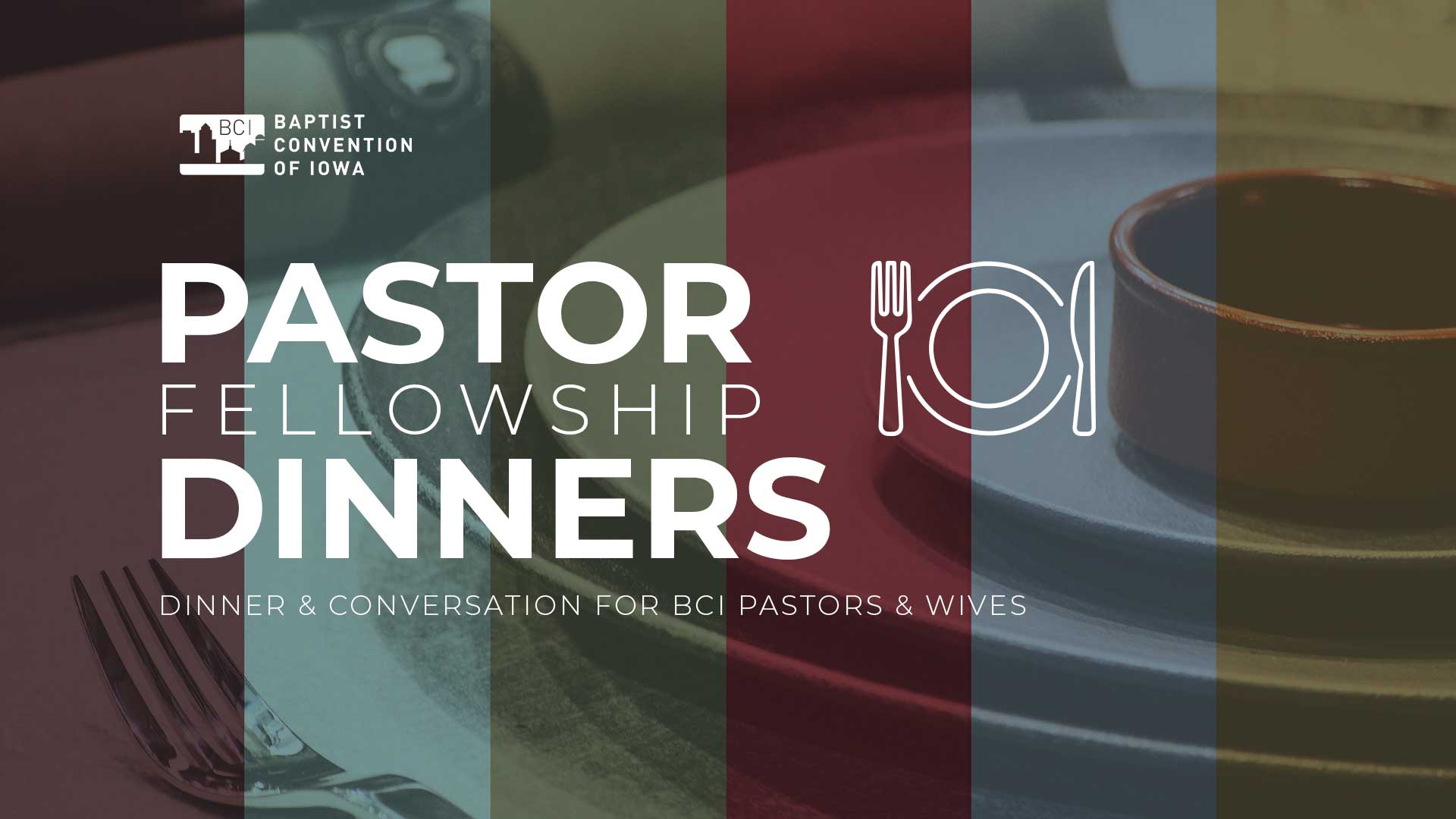By Kourtney Vier, Salt Company Ministry Leader
 This fall the Salt Company held a Theology of the Gospel class on the campus of Iowa State University. Two other teachers and I were able to teach 23 of those students the “ins and outs” of the Gospel and why it’s important to our lives. Right in the middle of the course, I had a young man, named Jacob Barber, come up and ask if we could meet up for coffee because he, “Didn’t know how to be a good man of God”. Through our coffee time, we both soon realized that he wasn’t a Christian at all, so that’s why he couldn’t be a good man of God.
This fall the Salt Company held a Theology of the Gospel class on the campus of Iowa State University. Two other teachers and I were able to teach 23 of those students the “ins and outs” of the Gospel and why it’s important to our lives. Right in the middle of the course, I had a young man, named Jacob Barber, come up and ask if we could meet up for coffee because he, “Didn’t know how to be a good man of God”. Through our coffee time, we both soon realized that he wasn’t a Christian at all, so that’s why he couldn’t be a good man of God.
For almost an hour straight he asked me question after question about faith and what that actually looks like. I took him to Romans 10:9-10 and walked him through all the terms and what that meant for him, as an unbeliever. Before we left, I asked him where he was going to go if he died right then. He said Hell because he hadn’t placed his faith in Jesus. I knew he was an internal processor, so I let him go home and sit and think about what we talked about.
A week later, I checked in on him and he sent me a text message explaining to me how he accepted Christ. How it had transformed his thinking and the new found freedom he found.






